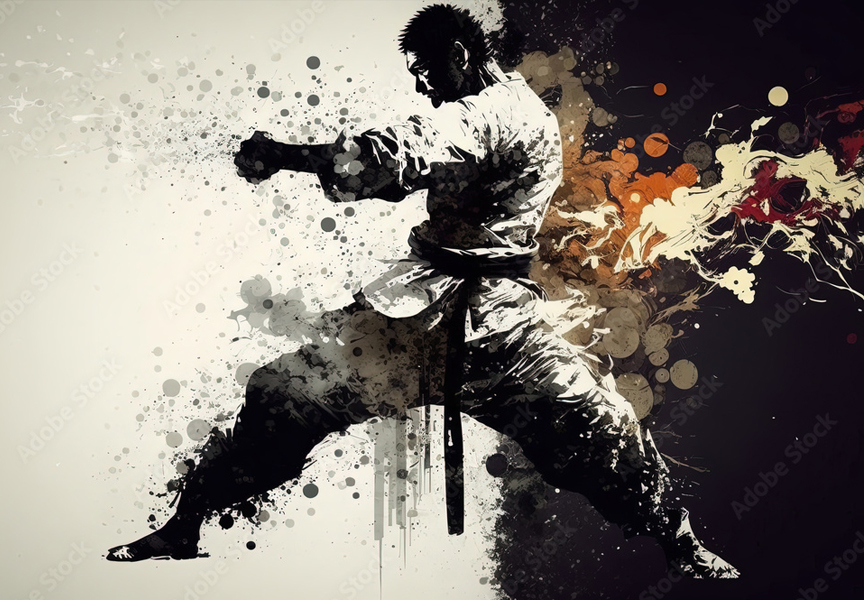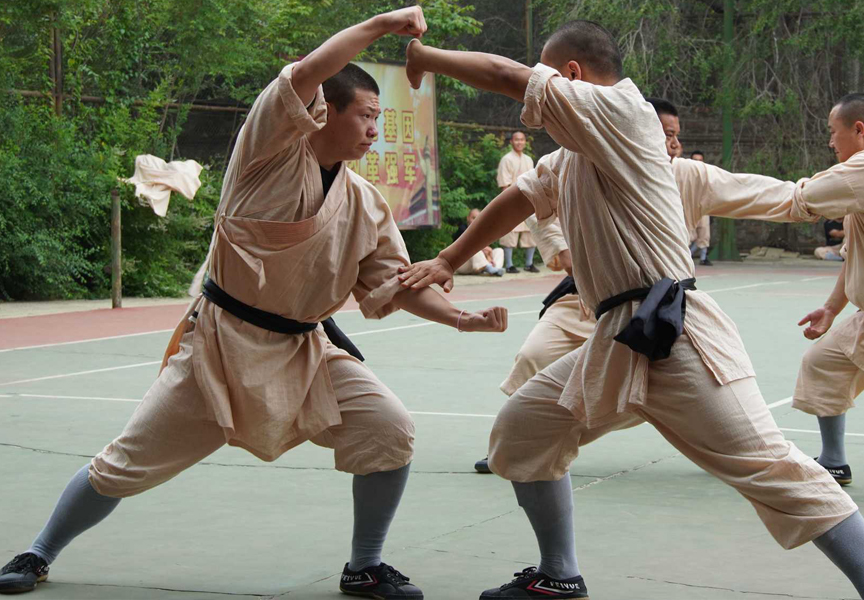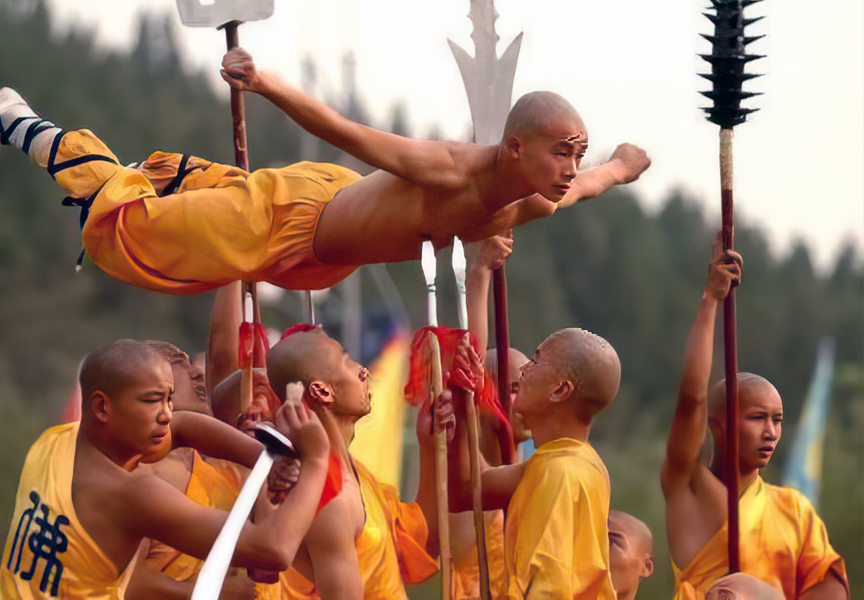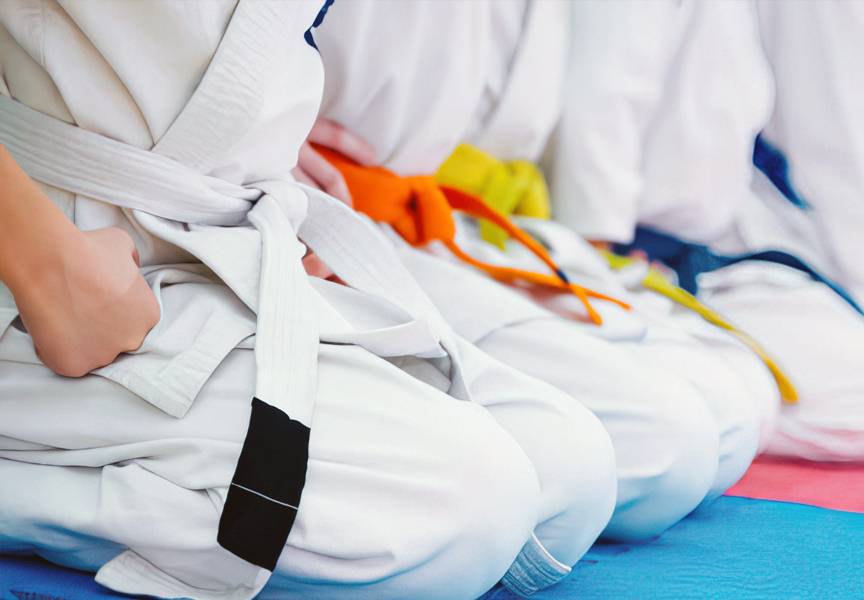Random Free Articles
- The Manifesto of Martial Arts

Beyond Championships to Internal Improvement In a world driven by competition and the pursuit of championships, it is imperative to revisit the essence of martial arts. This manifesto seeks to redefine the perception of martial arts, emphasizing that they should not be considered merely as a sport. Instead, martial arts are profound disciplines that transcend the quest for championships, focusing on internal improvement and personal growth. I.…
- Body Flexibility in Martial Arts

Martial arts, with its rich history and diverse forms, is not just about mastering kicks, punches, and self-defense techniques. It also requires an incredible degree of body flexibility. Flexibility is a crucial aspect of martial arts, as it not only enhances one's performance but also helps in preventing injuries. In this article, we will explore the significance of body flexibility in martial arts, its various types, and the benefits it…
- Fenjie in Chinese Martial Arts

Dissecting Forms for Combat Mastery In the vast realm of Chinese martial arts, the term Fenjie, which translates to analysis or disassembly in English, holds significant importance. This concept is deeply embedded in the traditional practice of martial arts, especially when it comes to the study and application of various forms. Fenjie [Chin.: Fēnjiě 分解] involves the meticulous process of breaking down complex movements within a martial…
- Vital Role of Qi in Shaolin Kung Fu

Shaolin Kung Fu, a traditional Chinese martial art with a history spanning over a thousand years, is renowned for its intricate techniques, disciplined philosophy, and the cultivation of inner energy known as Qi. In every movement, stance, and strike, the utilization of Qi is considered not just essential but vital. This ancient martial art emphasizes the harmonious integration of mind, body, and spirit, and the proper use of Qi is at the…
- The Erosion Of Tradition in Martial Arts

How Competitive Sports Dilute Traditional Martial Arts In the world of martial arts, tradition is more than just a concept; it's the soul that breathes life into these ancient disciplines. Rooted in centuries of history, traditional martial arts have long been revered for their holistic approach to self-defense, personal development, and cultural preservation. However, in recent times, a noticeable shift has occurred as many traditional…
